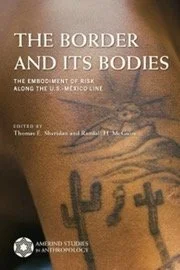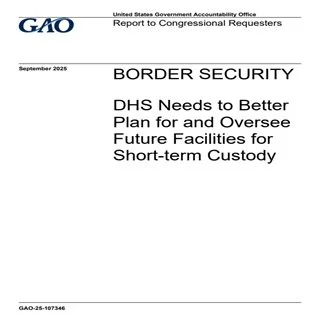By Stephen Webb
As immigration rises to the top of voters’ concerns, a major new Policy Exchange report examines why governments of both parties have found it so hard to get the numbers down, and what policies would be needed to achieve this.
The report, written by Stephen Webb, a former Home Office director and with foreword by The Honourable Alexander Downer AC, former Foreign Minister of Australia, sets out the incentives in the system that have led to consistently high migration. These include the power of the pro-immigration lobby, mixed incentives within Government, and a human rights case law that has consistently moved in a more liberal direction over the past 30 years. It notes that the problems we are facing in the UK are increasingly shared by other European countries.
The report exposes that at least £11m is being spent by NGOs with a focus on migration issues on research, analysis and lobbying – with a further £30m in taxpayer funded grants to universities, most of which have a clear tilt towards liberal immigration policies.
The report argues that the policy response needs to change the incentives, whether they be on migrants themselves, employers and renters, other government departments and third countries who do not cooperate on returning their nationals. The report recommends:
An auction system to allocate a limited number of work visas to ensure they go to the highest quality candidates, with the proceeds used to increase wages in the care sector,A system of ‘sureties’ which impose a penalty on visa holders if they do not leave on timeIllegal migrants to know they will not be allowed to settle in the UK, but will be transferred to safe accommodation on Ascension IslandTougher laws to block visas and overseas aid going to countries that do not cooperate in returns of their nationalsMuch tougher penalties for those employing and renting accommodation to people without the right to be in the UK.A cross European coalition to reform the ECHR, with a willingness to leave if this is not delivered
In a foreword to the report, former Australian Foreign Minister, The Honourable Alexander Downer AC, said:
“The issue of immigration has become one of the most contentious on the Western world…so far few countries have managed the issue well…but the British immigration system is a particular shambles…
A British government will have sooner or later to get control of the immigration program. If they fail to do so, we can be sure populists and extremists will get elected who promise to do it.”
London: Policy Exchange, 2025. 85p.











